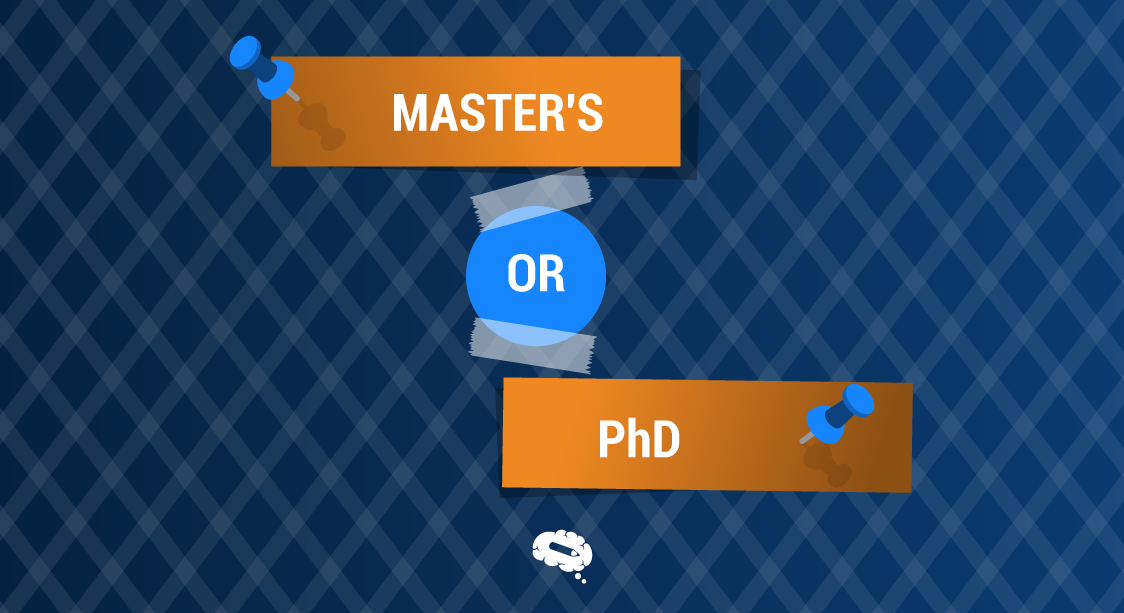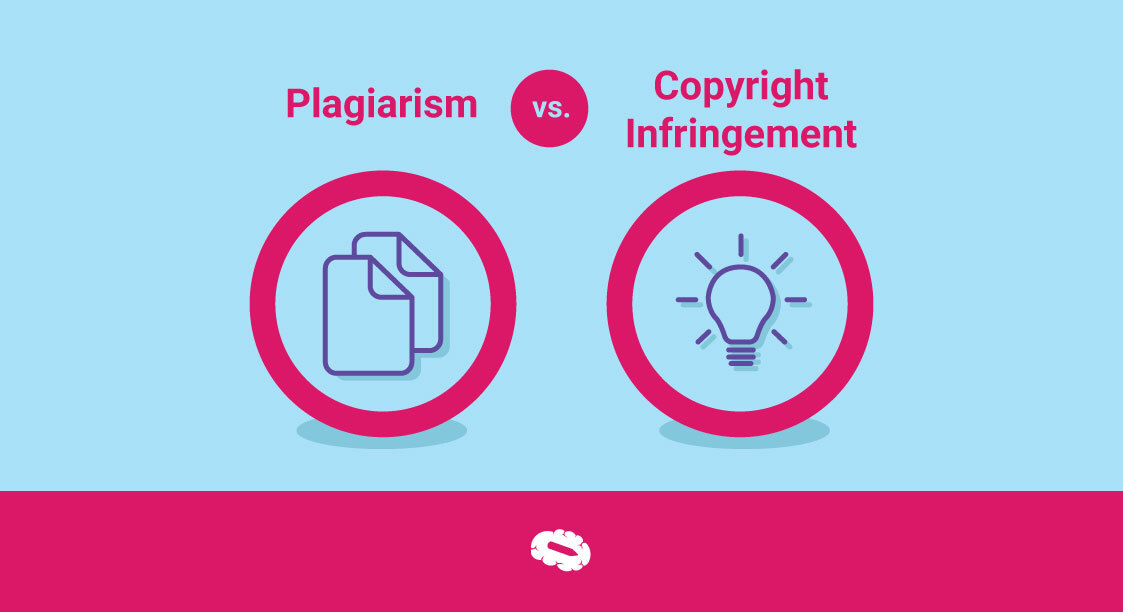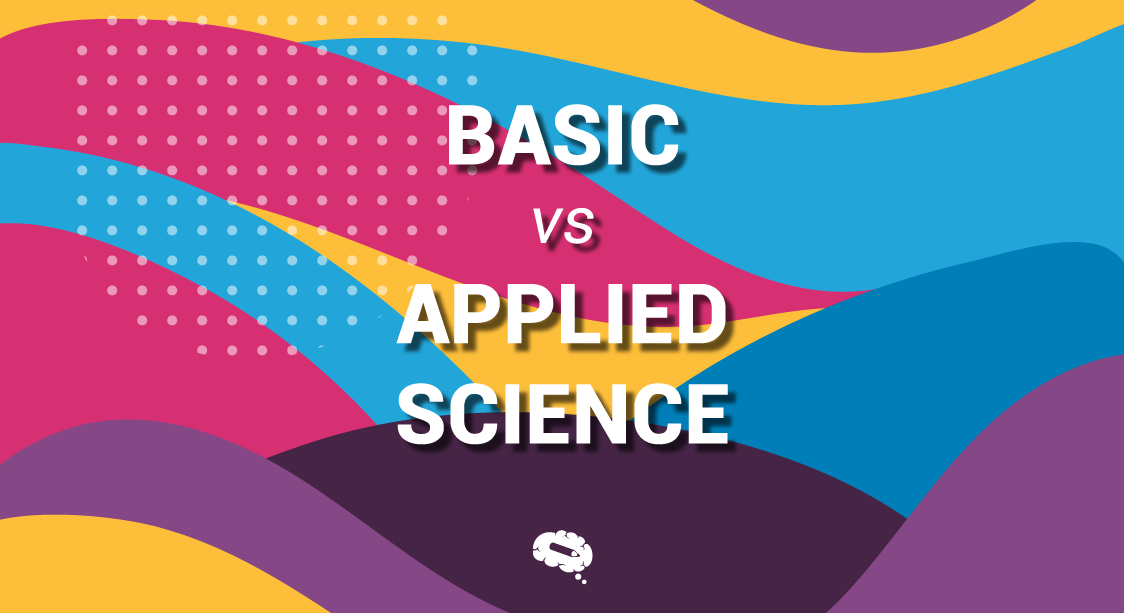Making the choice to pursue a graduate degree is a significant and frequently life-changing decision. Choosing between a Master’s and a PhD program, on the other hand, can be a challenging decision for many people. Both master’s and PhD programs provide advanced knowledge and expertise, but they differ in length, depth of study, and professional opportunities.
Knowing the distinctions between these two programs might assist you in making an educated decision about which degree to choose. In this article, let’s go over the significant distinctions between Master’s vs PhD degrees, so you can better understand which program may be the optimal fit for your objectives and aspirations.
What are the main differences between Master’s vs PhD?
| Master’s Program | Doktorgradsprogram | |
|---|---|---|
| Krav | Bachelor’s degree | Many countries require a Master’s degree. However, in the US, you can join a PhD Program with a Bachelor’s degree. |
| Programmets lengde | 1-2 år | 4-7 years (it depends on the country and each structure) |
| Fokus for programmet | Avanserte kunnskaper og ferdigheter på et område | Original research and development of new knowledge |
| Dybde i studiet | Structured coursework-based, with a thesis or capstone project required | Heavily focused on research, culminating in a dissertation, that should contribute to the current knowledge in the field |
| Karrieremuligheter | Dette kan føre til karriereutvikling eller høyere lønn. | Often necessary for academic, research, or leadership positions, with higher earning potential |
| Lønnsforventninger | A master’s degree can uplift a salary by approximately 18%, compared to a bachelor’s salary, according to the U.S. Bureau of Labor Statistics | Den U.S. Bureau of Labor Statistics stated that a PhD salary is approximately 21% higher than a Master’s salary. |
Hva bør du velge?
The decision between a Master’s and a PhD program is ultimately determined by your personal goals, interests, and career objectives. Here are some additional considerations to think about before making this decision:
- Tidsbinding: PhD programs generally require a greater time commitment than Master’s degrees, evaluate if you are willing to commit to a program for four to seven years.
- Personlige mål og interesser: Vurder dine egne mål og interesser, for eksempel ønsket om å bidra til yrket ditt, utvikle deg i jobben eller tilegne deg spesifikke kunnskaper og ferdigheter.
- Finansiering: Ph.d.-utdanninger inkluderer ofte finansieringsmuligheter, for eksempel forskningsassistentstillinger eller stipendier, som kan bidra til å redusere skolepenger og levekostnader. Når du tar en beslutning, bør du vurdere om økonomiske muligheter er relevante for deg.
- Ambisjoner om en karriere: Determine what sort of career you want to pursue after finishing your degree. A PhD may be required if you want to work in academia, research, or leadership. But, if you want to advance in your current career or pursue a position that does not need a PhD, a Master’s degree may suffice.
- Forskning: Ph.d.-programmene legger stor vekt på forskning, så hvis du liker å forske og ønsker å bidra til faget ditt gjennom original forskning, kan et ph.d.-program være et passende valg.
Før du bestemmer deg for et program, er det viktig at du skaffer deg informasjon og analyserer de ulike programmene grundig, i tillegg til å snakke med eksisterende studenter og fagfolk i bransjen. Ta deg god tid og sørg for at du har all den informasjonen du trenger for å ta en informert beslutning.
Forståelse av kostnadene
The costs of earning a Master’s degree and a PhD degree can vary based on a range of aspects, including the institution, program, and location. Tuition and fees are considerable costs for both degrees, with PhD programs sometimes costing more owing to their length.
Ifølge Initiativ for utdanningsdata, a Master’s degree costs $62,650 on average, and a PhD degree costs $103,700 on average, however, this varies according to the institution, field, and duration of the program.
Det er viktig å nøye vurdere kostnadene ved ulike programmer og finansieringskilder, samt den mulige avkastningen på investeringen for hver enkelt grad.
Career prospects for a Master’s vs PhD
Ultimately, both a Master’s degree and a PhD may lead to meaningful careers with diverse prospects for professional growth, income potential, and leadership roles.
Graduates with a Master’s degree can develop their careers in a specialized subject or explore a new professional path. The degree can lead to higher-level jobs and leadership positions in a wide range of industries. Furthermore, many countries and institutions need a Master’s degree before beginning a PhD program; in these circumstances, a Master’s degree might lead to a PhD.
A PhD is sometimes required for academic roles such as professor or researcher. PhD graduates are also well-prepared for research roles in government, non-profit, and private businesses. Nevertheless, PhD graduates may earn more than those with a Master’s or a Bachelor’s degree and it can qualify individuals for positions of leadership in research and development.
Er du på utkikk etter figurer og illustrasjoner for å formidle vitenskap?
If you’re seeking on-demand figures and illustrations to utilize in your research or to discuss your scientific findings, look no further! If you want to present complex ideas and facts in a clear and succinct manner while using simple and consistent designs, Se opp for grafen er løsningen for deg!

Abonner på nyhetsbrevet vårt
Eksklusivt innhold av høy kvalitet om effektiv visuell
kommunikasjon innen vitenskap.




